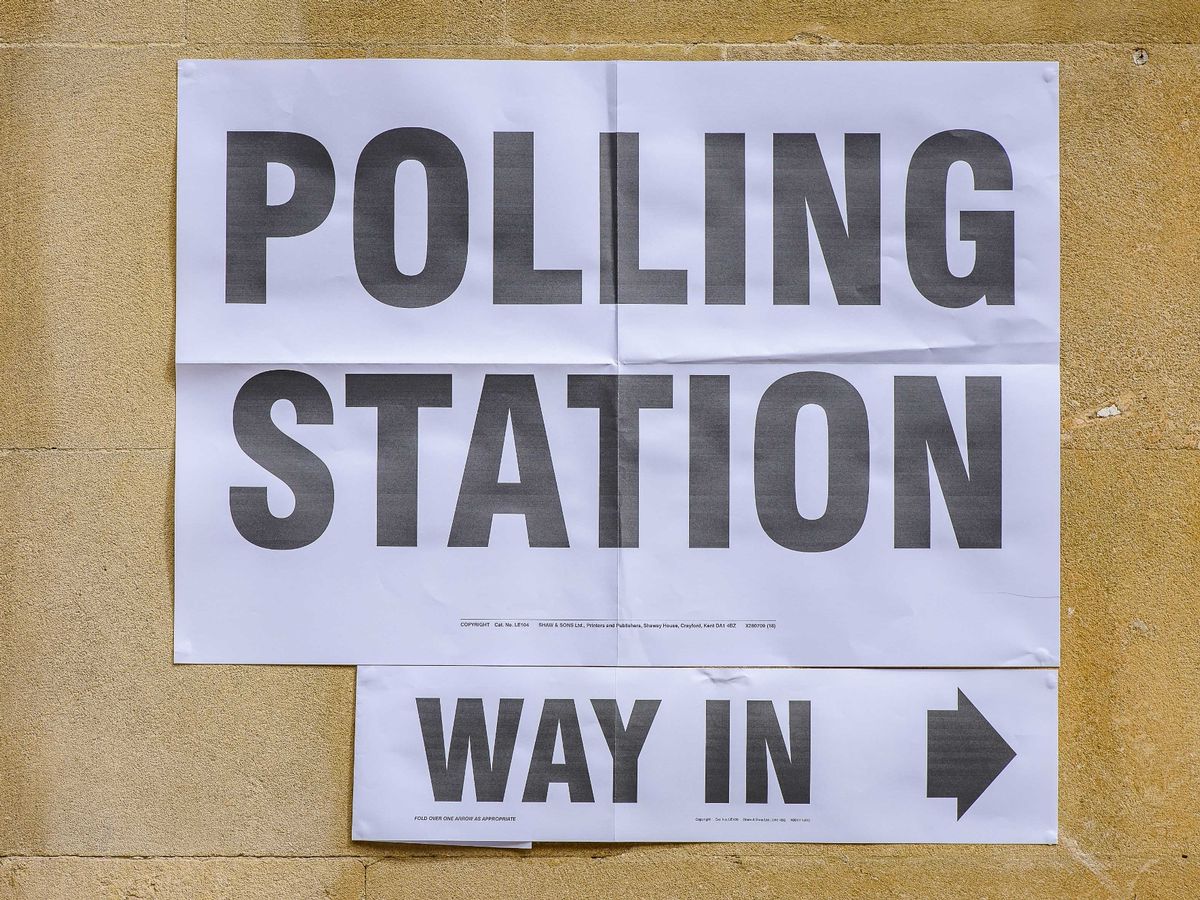The year is 2004, and the Labour government is seeking to legislate to ensure everyone in the UK carries a form of identification. Amongst those stood in honourable opposition to such a measure is failed journalist-turned Conservative MP Boris Johnson, who writes for The Telegraph, quipping that he would ‘eat’ his identification card should he ever be asked to produce one. Fifteen years later, Johnson finds himself at the head of a government which seeks to introduce mandatory voter identification, in a supposed attempt to stamp out voter fraud in British elections. Whatever could have inspired this dramatic change of heart?
Let us start with the facts. In the 2017 General Election, there were 336 reported cases of electoral fraud. This comprises approximately 0.001% of the votes cast in that election, and of the 336, only one case resulted in a criminal conviction. The Conservative government’s argument that their policy addresses the potential for electoral fraud does not hold water – it ignores the tiny scale of any such fraud in British elections. Indeed, a move towards mandatory photo ID for voting, far from defending democracy, will prevent countless eligible voters from exercising their democratic right. This is because millions of British voters do not have access to photo ID, and a pilot study for the scheme in areas across England saw some 2,000 people turned away from polling stations for failing to provide valid identification. Of these, 750 failed to return and cast their ballot. Defenders of the voter ID scheme would argue that this represents less than 1% of those involved in the pilot, a small price to pay for the total eradication of voter fraud. However, when viewed in the context of the miniscule scale of voter fraud in Britain, the policy becomes a clear attack on democracy, and should not be a priority for any government.
The motivation for this policy becomes altogether clearer when considering which groups are most likely to fall foul of the change. Labour leader Jeremy Corbyn quickly condemned the plans, arguing that the government’s plans amount to a blatant attempt at suppressing ethnic minority turnout in UK elections. Corbyn’s claim is substantiated by research by the Electoral Commission, which found that black people were significantly less likely to possess photo ID in the form of a driving license than white people. Government statistics from 2017 show that while 76% of white people hold a driving license, the figure drops to a mere 52% amongst black Britons. The argument that ethnic minority voters should simply accept the change and purchase a form of ID blatantly ignores the very real financial strains felt by working class families across Britain.
The policy of compulsory voter ID is not only nonsensical and expensive (with cost estimates reaching up to £20 million per election), but it is also a callous attempt by the Tories to restrict the voting rights of those who traditionally vote against their party. It is of course imperative to recognise that many people of colour do vote Conservative, and many others will remain unaffected by the requirement for photo ID. However, the Conservative government knows that any fall in working class and ethnic minority turnout will benefit them politically. Ethnic minorities in Britain are, on the whole, less likely to vote for the Tories than their white counterparts, and are also less likely to have photo ID. When these factors are considered, it becomes clear that the government’s supposed crackdown on voter fraud is nothing more than a politically-motivated strategy to weaken the Labour vote.
In all, the Conservative government’s plan to push through compulsory voter ID is a brazen attempt to manufacture an issue which simply does not exist on any significant scale. At a time when our democratic processes are genuinely threatened by the influence of unaccountable finance and various transnational actors, the Tories are seizing the opportunity to devalue democracy under the pretence of preventing electoral fraud. Unless we oppose this blatant political opportunism, we run the risk of up to 3.5 million Britons losing their right to vote, and further disenfranchising those who need effective political representation more than ever.
Image Credit: WalesOnline

